Liu E: The Wisdom and Restraint Behind Administering the Affairs of State
In the long history of China's feudal society, Liu E was a unique and noteworthy female figure. As the Empress of Emperor Zhenzong of the Song Dynasty, she ruled for many years during her husband's illness and her son's youth, yet she never proclaimed herself as emperor. The reasons behind this behavior are worth exploring in depth.

Firstly, Liu E's choice of ruling for many years without becoming emperor was closely related to her personal wisdom and accurate judgment of the situation. During Emperor Zhenzong's illness, Liu E administered the country and handled state affairs, demonstrating extraordinary political talent. However, she was deeply aware of her status and role. As a woman in an era where men dominated and women were subordinate, her self-proclamation as emperor would undoubtedly have caused significant controversy and instability. Therefore, she chose a more prudent approach, ruling as the Empress Dowager, ensuring the stability of the state power while avoiding the risk of directly violating traditional ethics.
Secondly, Liu E's refusal to become emperor was also related to her loyalty to her family and imperial power. She knew that her power came from her husband and son, and her ruling was aimed at maintaining the Zhao family's rule, not for personal ambition. In her heart, the Zhao family's throne was supreme, and her responsibility was to assist her son in growing up and taking on the emperor's duties independently when he matured. Therefore, she exercised self-restraint and did not take that step, reflecting her profound loyalty to her family and imperial power.
Thirdly, Liu E's political actions were also influenced by the political environment of the time. During the Northern Song Dynasty, the influence of the scholar-official class gradually increased, and they had diverse opinions on Liu E's ruling. Liu E had to seek a balance in this complex political environment, maintaining her own power while gaining the support of the scholar-officials. Her caution and restraint were the best choices under such circumstances.
Lastly, Liu E's actions were also influenced by Confucian thought. Confucian culture emphasizes "propriety," with strict regulations on gender roles. As an Empress who was deeply familiar with Confucian culture, Liu E's actions were undoubtedly guided by these ideas. She fulfilled her responsibilities through ruling while adhering to the requirements of "propriety," demonstrating her virtue and wisdom.
In conclusion, Liu E's choice of ruling for many years without becoming emperor was the result of the combined influence of her personal wisdom, loyalty to her family and imperial power, consideration of the political environment, and adherence to Confucian culture. Her story not only showcases the wisdom and abilities of a woman in a male-dominated society, but also reflects her cautious use of power and respect for tradition. Liu E's image stands out uniquely in Chinese history, and her actions still deserve our contemplation and learning today.
Disclaimer: The above content is sourced from the internet and the copyright belongs to the original author. If there is any infringement of your original copyright, please inform us and we will delete the relevant content as soon as possible.
Guess you like it
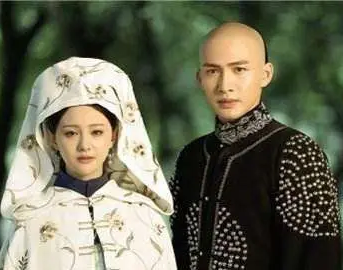
Nalan Rongruo: a perfect fusion of talent and melancholy
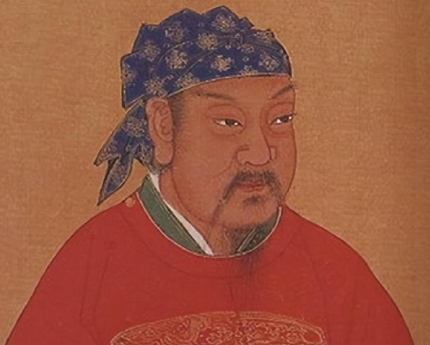
Liu Yu: starting from nothing, he founded the Southern Song Dynasty of the Southern Dynasties.
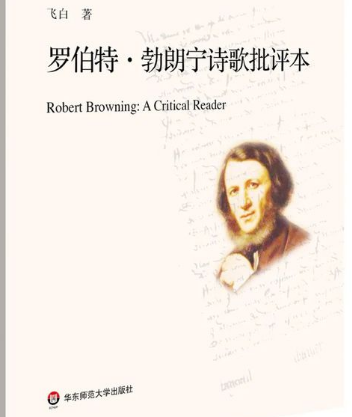
What are Brownings most famous poems? What are they like?
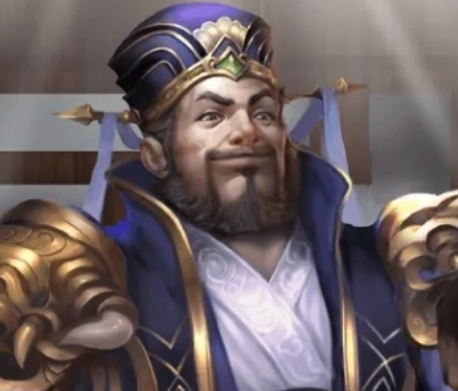
Who is Lu Qian? What is his courtesy name?
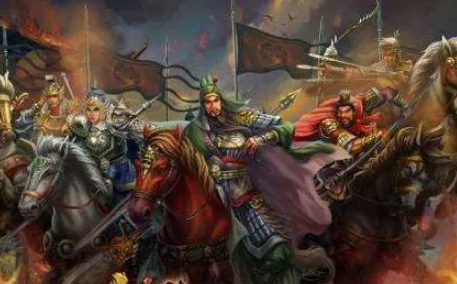
Descendants of the Five Tiger Generals: The Glorious Legacy of Inheriting Ones Fathers Profession
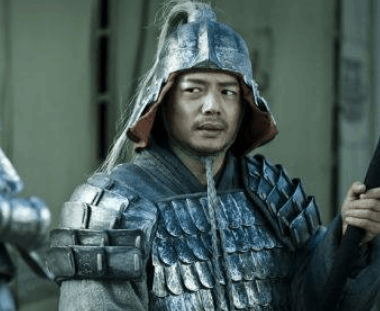
Solely hailed as the "War God" of generals: Unveiling Han Xins military prowess and wisdom.
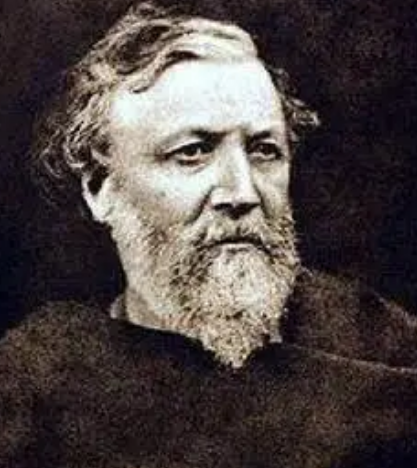
How are Robert Brownings works? How were they created?
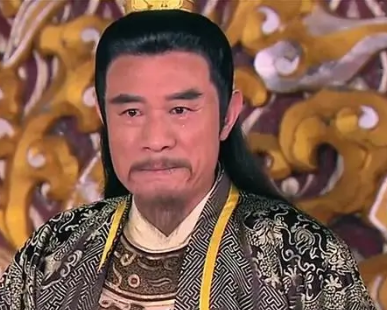
Li Yuan, the first emperor of the Tang Dynasty: An underappreciated founding monarch in history?
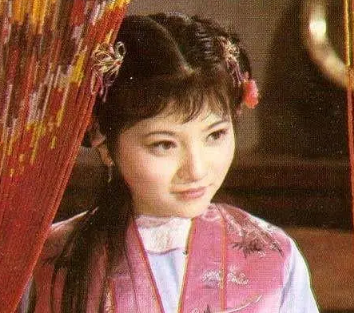
The marital status of concubines in ancient times
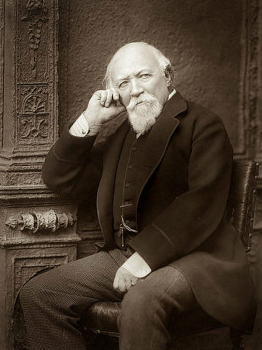
What nationality is Rob Browning? Where was he born?









